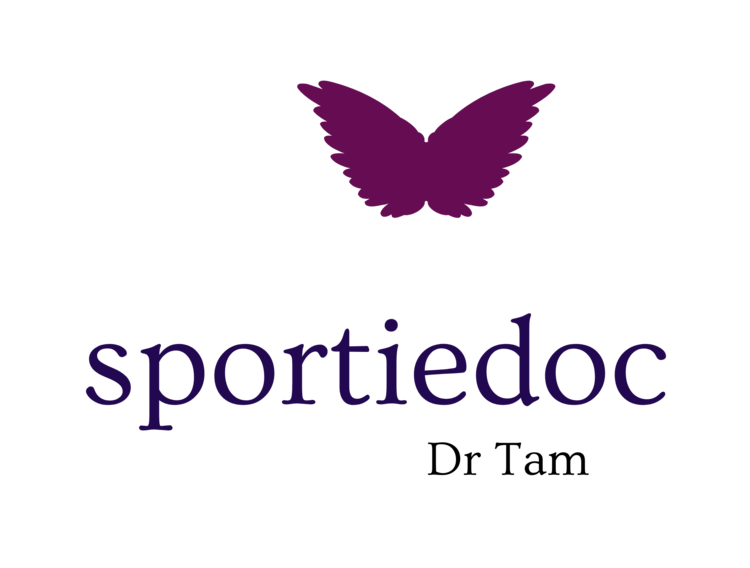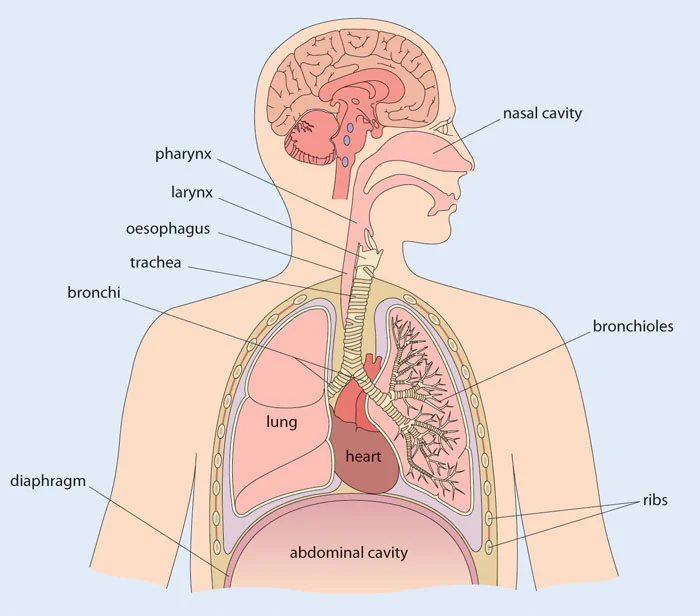The following is adapted from a post on the GSSI Sports Nutrition Website.
Full Text (Deep Breath - its detailed ;) is here.
The Author is a world leader in muscle metabolism research.
Keith Baar.
SUMMARY
Using the molecular and metabolic information provided above, some simple nutritional strategies can be provided to make sure that we get the most out of our endurance training.
In order to do this, our goal as athletes and coaches is to maximize calcium, ADP/AMP, NAD+, cAMP (intra-cellular molecules) and REACTIVE OXYGEN SPECIES while minimizing injury.
Below is a recommendation based on the understanding of the molecular biology of endurance adaptations. There are no studies yet to support superior training effects but this is the recommendation for endurance athletes based on current knowledge of molecular biology in relation to training adaptation:
a) Once or twice a week, start an “adaptive” session in a caloric deficit (i.e., in a fasted state such as in the morning before breakfast). This will make sure that SIRT1 activity would be high.
b) Use a pre-training drink containing a low dose of caffeine (3mg/ kg body weight) but free of synthetic antioxidants so that perceived exertion would be decreased and the antioxidant scavenger levels would remain low. Caffeine decreases perceived exertion, helping to maintain exercise at a high intensity even when carbohydrate- depleted.
c) Use a pre-training drink low in carbohydrate in an effort to maximize AMPK activity and epinephrine levels as a result of training.
d) Train at a low absolute intensity for a long time to maximize the amount of time all of these signals are on while minimizing the mechanical strain on our bodies.
e) Alternatively, use double sessions where the first session depletes glycogen and the second session is performed at a high intensity in a glycogen-depleted state.
It is important to remember that this nutritional strategy is designed to maximize the adaptive response to training and is
likely to decrease performance during training.
Of course such training strategies will affect recovery as well, and athletes will have to find ways to balance training and recovery. Too many low glycogen sessions will increase the risk of overtraining despite lowering of the quality of training.
NOTE - FASTED TRAINING SESSIONS HAVE BEEN SHOWN TO BE LESS EFFECTIVE FOR FEMALE ATHLETES - in terms of benefits to endurance performance - than to men.
See here for paper.
One thing this touches on is avoiding use of high dose anti-oxidants - such as Vitamin C and E.
I know many athletes who wake up and take a high dose Berocca or 1000mg Vitamin C tablet every morning. Re-Think this strategy to get the most from your performance.
Supplements like Xtreme Endurance also contain high dose anti-oxidants which may also reduce/prevent the necessary stimulus to adapt and strengthen.
See here for a paper showing this. This has been repeated by other authors using different outcomes.
Thoughts welcomed.






